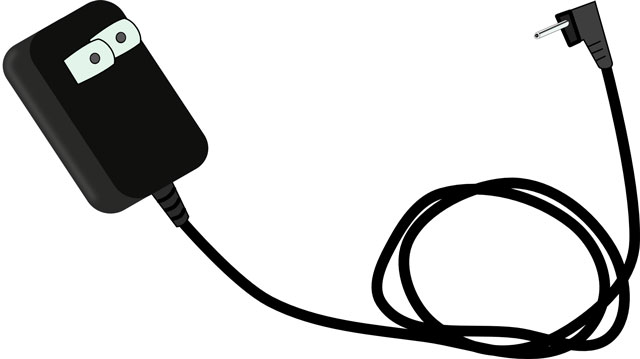
Gauteng motorists will hear on Thursday whether e-tolling will go ahead, when the constitutional court is expected to decide whether to overturn an interim interdict preventing e-tolling.
The high court in Pretoria granted the Opposition to Urban Tolling Alliance (Outa) an interdict on 28 April, ruling that a full review needed to be carried out before electronic tolling of Gauteng’s highways could be put into effect.
The interdict prevented the Sanral from levying or collecting e-tolls pending the outcome of a judicial review.
Sanral and national treasury appealed the court order. Sanral argued that delays in the project, due to the court’s order, prevented it from paying off debts incurred in building gantries. National treasury lawyer Jeremy Gauntlett said high court judge Bill Prinsloo did not provide adequate reasons for his decision to grant the interdict.
Outa’s lawyer Alistair Franklin argued that Sanral’s choice of e-tolling as a method of funding caused it more damage than the court order. He said the interim interdict was not the cause of “irreparable harm” to the road agency. It rather suffered “self-imposed” harm by not looking at alternative funding models, Franklin said.
The court heard that Sanral was not ready to put the project into effect, and this was reflected by the absence of a new tariff notice.
Sanral said public transport would be exempted from e-tolling, but these exemptions had not been published.
The court heard that Sanral had also not distinguished between the driver, user and owner of a vehicle who would be tolled.
Sanral lawyer David Unterhalter submitted that the costs of collection for e-tolling should have been examined holistically. He said the rate of non-compliance was not a proper reason for a review of the project. He said there were measures to manage deviance, and those who did not comply would face criminal sanctions.
Unterhalter admitted that there were mistakes and faults with the system, but said it was ready to be introduced. — Sapa




